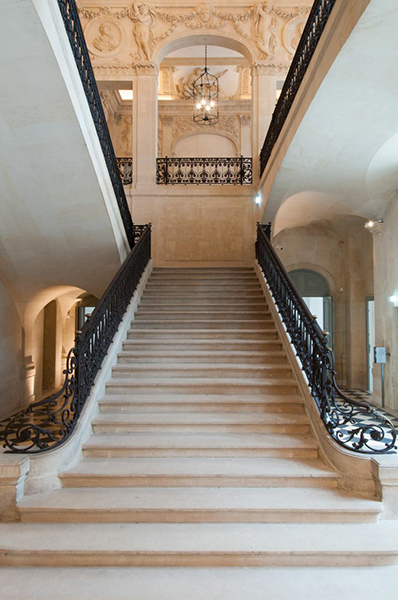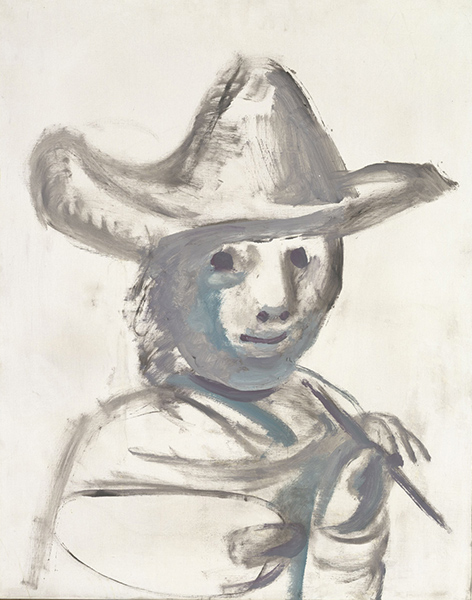Two Picasso, not to be confound, Picasso and Pablo
According to Miró, "Picasso's work was an overview, a revision of the entire history of art–ultimately, an analysis. It allowed those of us who came after him to find the doors wide open." However, over time, the legendary Picasso became a myth of sorts, to the detriment of the knowledge of his work. He is the artist whose name, for the public, represents what is most excessive in modern art, the painter whose work never ceases to harbor surprises and call for new interpretations.
His character intrigues, his work divides, and, for some time, his political commitment took precedence over his aesthetic commitment. Picasso, the relentless worker and the complex personality, has caused a lot of ink to flow and has also been subject to many preconceived notions. We admire or reject his views, his aesthetics, and his metaphysics, which are at the level of an insurrection. His enigmatic character contributed to building his legend above and beyond his work. After all, did not Malraux claim that "I knew Picasso, but I never knew Pablo"?
In the catalogue for the exhibition held at the Grand Palais in 1979 showcasing the dation collection (comprising the works donated by the heirs to the government as Acceptance in Lieu, or payment of inheritance taxes in kind, which would eventually lead to the opening of the museum in 1985), Michel Leiris wrote about the painter: "A mistake that some do not hesitate to make consists of applying to Picasso, in a very special sense, the old antinomic notion of beauty and ugliness, opposed like day and night. [...]
Under the pretext that Picasso rebelled against academic canons, he is praised for having attacked ancient beauty–bland, cold, and idiotic as a statue of a nymph in a park, and for having invented disturbing, monstrous forms. […] Human limbs, human heads, human landscapes, human animals placed in a human environment; that is, ultimately, and despite certain appearances, what we find in Picasso. Never before in the realm of art had man made as powerful a statement as to what constitutes his nature and his humanity.






 Summary
Summary